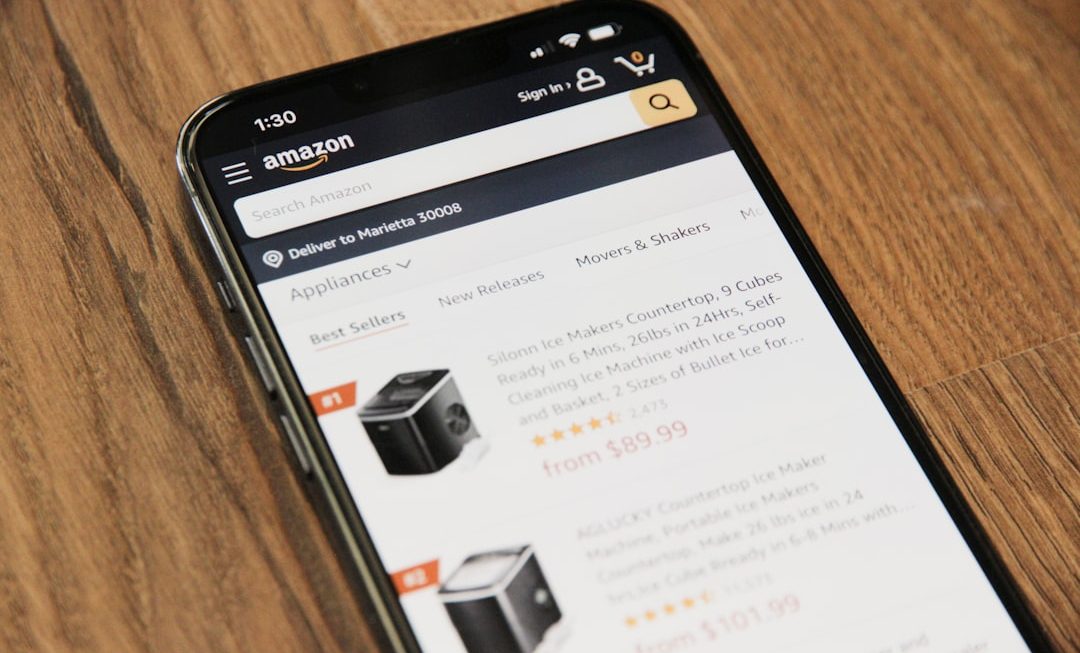Pulse Secure VPN was once a widely trusted virtual private network solution used by enterprises and government agencies around the world. Known for its strong security protocols and remote access capabilities, Pulse Secure played a vital role in enabling secure connectivity for remote workers. However, over the past few years, the company and its product have undergone significant transformations that raised questions in the tech and cybersecurity communities.
What happened to Pulse Secure VPN? It’s a question that stems from both technical challenges and organizational changes. Here’s what has unfolded.
The Rise and Purpose of Pulse Secure
Pulse Secure was originally a product developed from Juniper Networks’ SSL VPN division. In 2014, private equity firm Siris Capital Group acquired this part of Juniper Networks and formed Pulse Secure LLC. The company focused on delivering secure access solutions, especially VPN, Zero Trust Network Access (ZTNA), and software-defined perimeter (SDP) technologies.
For several years, Pulse Secure VPN thrived, becoming a critical component for remote employees who needed secure access to corporate networks. It found widespread adoption across sectors like finance, healthcare, and government due to its reliability and compliance support.
Security Breaches Spark Concern
Things took a turn in April 2021, when cybersecurity firm FireEye revealed that Pulse Secure VPN had vulnerabilities that had been exploited by suspected nation-state attackers. These zero-day vulnerabilities were used to compromise government and private sector networks across multiple countries.
Among the most alarming aspects was the discovery that some of these vulnerabilities had been used undetected for months, letting attackers move laterally within networks, exfiltrate data, and establish persistence. These incidents severely impacted the trust placed in Pulse Secure VPN’s security features.

Though Pulse Secure issued emergency patches and worked with U.S. Cybersecurity and Infrastructure Security Agency (CISA) to guide mitigation efforts, the damage to its reputation was significant. Organizations across the globe began to re-evaluate their VPN strategies, with many shifting toward newer zero-trust models or other vendors entirely.
Acquisition and Transition to Ivanti
In December 2020, months before the vulnerabilities became public knowledge, Pulse Secure was acquired by Ivanti, a company known for its IT asset and endpoint management solutions. The acquisition aimed to integrate Pulse Secure’s Zero Trust capabilities into Ivanti’s broader IT security ecosystem.
The transition, however, has led to some confusion. Many users and administrators still refer to “Pulse Secure,” but under Ivanti’s umbrella, the technologies have been rebranded. The Pulse Secure VPN product is now typically described as Ivanti Secure Access. This rebranding has led some to mistakenly believe that Pulse Secure has been discontinued, when in fact, it’s still available — just under a different name and management structure.

Current State and Future Outlook
Today, what was once known as Pulse Secure VPN continues to live on within Ivanti’s portfolio. The company has invested in updating the platform, addressing security gaps, and integrating it into a broader Zero Trust security framework. Ivanti Secure Access now supports modern protocols, multi-factor authentication, and integration with cloud services.
However, the 2021 breach left a lasting mark. IT teams and CISOs now exercise greater caution when selecting VPN providers, with a growing preference for solutions that emphasize continuous monitoring, micro-segmentation, and contextual access control.
Conclusion
Pulse Secure VPN was not discontinued, but its journey has been bumpy. From a leading secure access provider to a company under intense scrutiny due to security breaches, and now part of Ivanti’s Zero Trust strategy, the product has changed substantially. For organizations still using it, staying updated on the latest patches and features is essential for maintaining secure access.
Frequently Asked Questions (FAQ)
-
Is Pulse Secure VPN still available?
Yes, but it is now part of the Ivanti product family and is known as Ivanti Secure Access. -
Was Pulse Secure VPN discontinued?
No, it was not discontinued. It was rebranded and integrated into Ivanti after the acquisition. -
What happened in the 2021 security breach?
Hackers exploited zero-day vulnerabilities in Pulse Secure VPN, compromising various enterprise and government networks. -
Is Ivanti Secure Access safe to use?
Ivanti has patched the original vulnerabilities and continues to invest in improving security features. However, like all VPN solutions, it should be used with a comprehensive security strategy. -
How can I migrate from Pulse Secure to a more modern solution?
Start by assessing your current network infrastructure and security needs. Explore Zero Trust Network Access (ZTNA) platforms that offer greater flexibility and security than traditional VPNs.



